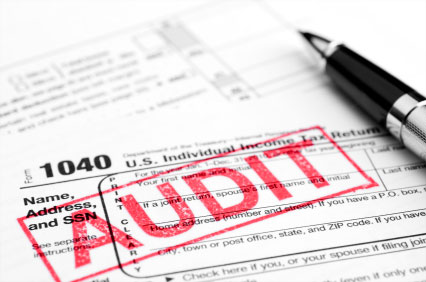Survive in School
Academics
Finance
Guide to Personal Finance
Managing Money
Student Credit Cards
Money Saving Tips
Free Credit Reports
Build Your Credit Score
Employment
Loans and Taxes
Loans and Taxes
Lifetime Learning Credit
HOPE Scholarship
Employer Assistance
Deducting Loan Interest
Budgeting
Health
Because the government is interested in fostering higher education, you can find tax benefits on many forms of college expense and student financial aid.
It is also relatively straightforward to claim these deductions on taxes. Below are some links to helpful government documents that explain who is eligible for the tax deductions.
Make sure to let your parents know about these incentives, or if you’re a student who pays your own taxes, don’t forget to make these claims as well.
Because tax code can be overwhelming for many people, it may prove worthwhile to invest in some tax software, which will help you save as much money as possible when tax season comes.

Although tax season can cause anxiety and apprehension for some, you may actually have a few reasons to look forward to it if you’ve taken out student loans.
Students who have student loans may be eligible to deduct some, if not all, of the interest paid on their educational loans. Note that the loan money must have been used to pay for educational expenses.
The deduction is based on the interest paid on the loan during the previous tax year, with a maximum deduction of $2,500. Restrictions based on income also apply. Check with your tax advisor to see if you qualify.
The Taxpayer Relief Act of 1997 provides tax credits for the HOPE Scholarship. The HOPE Scholarship now can be claimed for up to $1,500 in tax credits for the first two years of college for every child in a higher education program. Tax credit is based on the money paid toward tuition only.
Lifetime Learning Credits pick up where the HOPE Scholarship Tax Credits leave off, as far as a student’s educational timeline. These tax incentives are designed for upperclassmen who have completed their first two years of college or for adult learners taking classes for professional reasons.
Eligible taxpayers may qualify for a credit equal to 20% of their first $10,000 in educational costs.
Your employer has a vested interest in continuing your education. Employees with higher education have enhanced skills, more comprehensive worldview, and are given exposure to many learning experiences. Many employers will provide tax benefit incentives for employees who are enrolled in educational programs that qualify. Check with your employer to see what scholarships or education-related tax benefits may be available.
To government also encourages students to save for their education by instituting special savings accounts for families. These accounts include annual tax-free deposits, with a maximum of $500 per child under the age of 18. Once you withdraw the money, you may use it without paying taxes, as long as it’s applied toward tuition, fees, books, equipment, and room and board.
Consult your tax advisor for complete details of each tax incentive. Any way you can make education more affordable is going to be a positive step in the right direction.